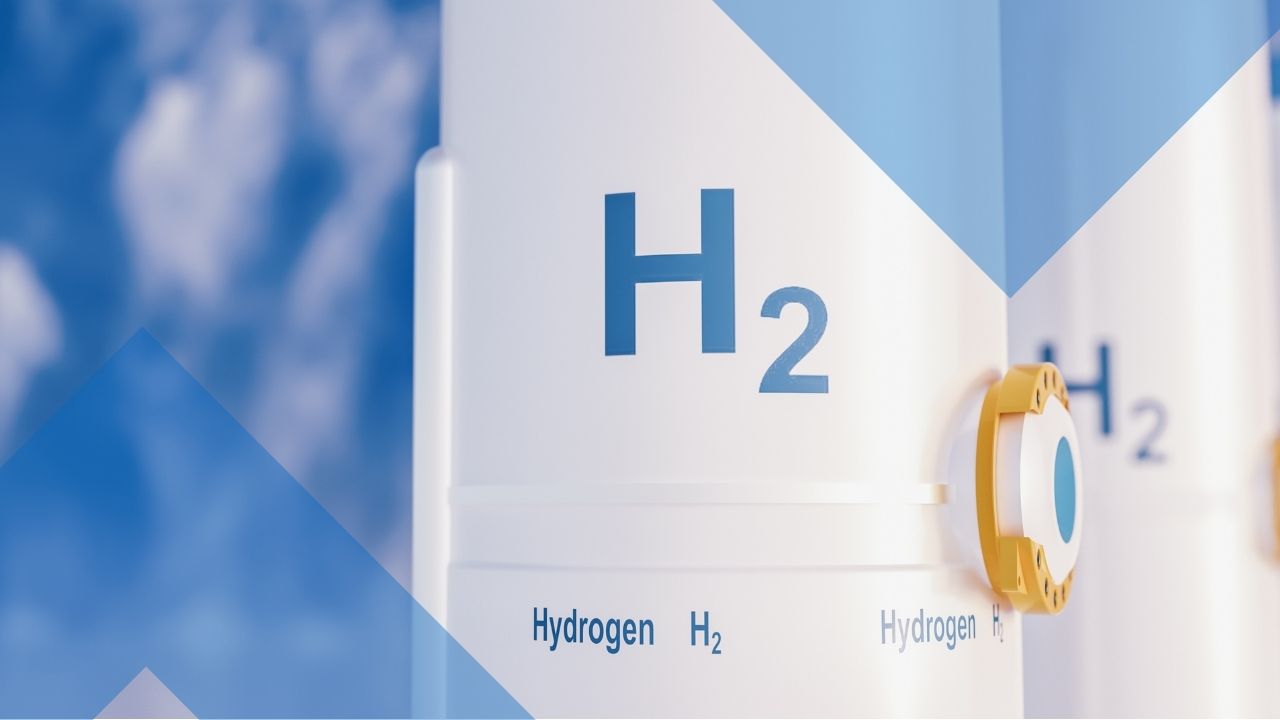Community-scale hydrogen production project set to begin in South Wales

NEWS RELEASE
01 March 2022
Costain has been awarded funding by the Welsh Government’s Smart Living HyBRID SBRI initiative to undertake a project which looks at the feasibility of small scale hydrogen production in South Wales. HyBRID (Hydrogen Business Research & Innovation for Decarbonisation) is a Small Business Research Initiative (SBRI) funded by Welsh Government Smart Living.
The feasibility project seeks to investigate increasing the availability of hydrogen through a series of community-based production facilities, using a range of feedstocks linked to local sourcing and renewables. This will promote visibility and confidence in hydrogen, encouraging customers to invest in cleaner infrastructure.
It will do so using existing hydrogen production technology at community-scale, rather than as regional or national infrastructure. It will consider linking hydrogen production with renewable diesel made from locally-sourced waste vegetable oils (WVO), which requires no adjustments to engines or boilers, but is 80-90% lower in carbon emissions than regular fuels. The current Road Transport Fuel Obligations offer subsidies to clean fuels, so production of renewable diesel will offset the higher costs of producing hydrogen and ease the transition out of red diesel. As demand for hydrogen ultimately grows, production costs will decrease, breaking the financial dependence on sales of renewable diesel.
Project partners include Oil4Wales, Riversimple and Jon Maddy (Director of the USW Hydrogen R&D Centre at Baglan) .
This feasibility project work will include
- Investigating and determining the potential market demand curve for hydrogen treated vegetable oil (HVO) and hydrogen over 0-10 years
- The volumes of HVO and hydrogen production required to potentially meet demand and input requirements for production
- Optimum methods for the supply of hydrogen and HVO
- Financial and fiscal analysis
- Project management and risk/opportunity register and a feasibility report/business case.
Rob Philips, energy sector director, said: “Costain is working across South Wales to support the region’s commitment to achieving net zero carbon by 2050, from leading the South Wales Industrial Cluster deployment, to helping local councils decarbonise their vehicle fleets. This study will offer hydrogen production at community-scale, encouraging the uptake of low carbon fuel by giving local users a convenient and cleaner option.”
This is the latest in Costain’s portfolio of projects proposing a regional approach to decentralised energy, including:
- Green light for project to trial low carbon energy network resilience on Skye | Costain
- The South Wales Industrial Cluster (SWIC) deployment project | Costain
Notes:
- The aim of the HyBRID scheme is to develop innovative and research solutions which support the ten objectives of the Welsh Government Wales Hydrogen Pathway which are incorporated into the second carbon reduction plan Net Zero Wales 2021-2025. These aim to accelerate the development of technologies and processes which enable the deployment of hydrogen as a key energy vector, which will be critical for meeting our national commitment to achieve net zero emissions by 2050.
- Smart Living is a Welsh Government initiative set up in 2015 to facilitate development of innovative solutions for place-based decarbonisation issues
